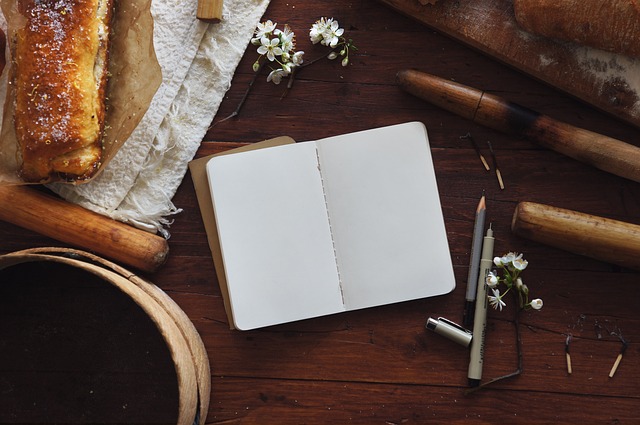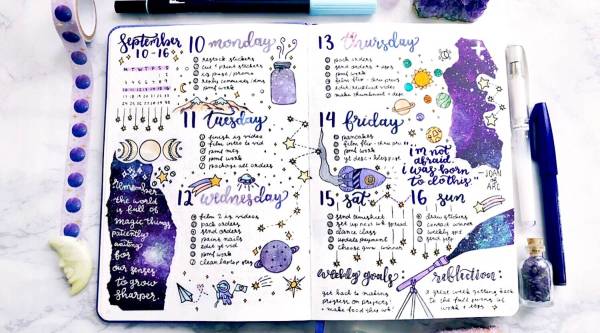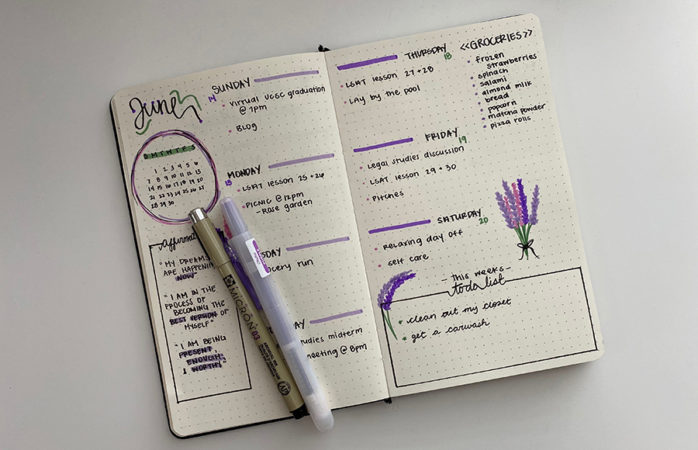
In today's fast-paced world, finding a sense of freedom and self-expression can be a challenge. However, by embracing the art of journaling, you can unleash your inner scribe and embark on a personal journey of self-discovery.
In this article, we will explore the essential steps to launching a personal journal. This includes selecting the perfect journal and carving out time for daily writing. We will also discuss finding the right writing tool and crafting your first journal entry.
Prepare to unlock a world of creativity and reflection as you embark on this transformative writing adventure.
Selecting the Perfect Journal
One must carefully consider various factors when selecting an ideal journal for personal use. Journaling benefits are numerous, including improved mental clarity, emotional well-being, and personal growth. To fully reap these benefits, it is crucial to choose a journal that aligns with one's individual preferences and needs.
Firstly, consider the journal's size and portability, as it should be convenient to carry and use on-the-go.
Secondly, explore the different types of journaling prompts available. Some individuals prefer guided prompts to spark creativity and self-reflection, while others prefer blank pages to freely express their thoughts.
Additionally, consider the journal's aesthetic appeal. Freedom in journaling extends to the freedom of personal expression, so choose a journal that visually resonates with your unique style and personality.

Exploring Different Journal Styles
By delving into various journal styles, individuals can uncover the one that best suits their personal preferences and writing goals. Two popular journal styles to explore are bullet journaling and gratitude journaling.
Bullet journaling is a flexible and customizable method that allows individuals to organize their thoughts, tasks, and goals in a systematic way. With the use of bullet points, symbols, and trackers, this style encourages efficiency and productivity. It offers the freedom to create layouts, track habits, and set goals, making it ideal for those who desire structure and organization.
On the other hand, gratitude journaling focuses on cultivating a positive mindset by writing down things one is grateful for. This style fosters mindfulness and appreciation for the present moment. It allows individuals to reflect on the blessings in their lives and promotes a sense of contentment and happiness.
Ultimately, exploring different journal styles empowers individuals to find the one that resonates with them and supports their personal growth and self-expression.
Carving Out Time for Daily Journaling
Effectively carving out dedicated time each day for journaling is crucial in establishing a consistent writing practice and reaping the benefits of personal reflection and self-discovery. Making journaling a habit requires prioritizing it in your daily routine. Set aside a specific time, whether it's early in the morning or before bed, and make it non-negotiable.
Treat it as a sacred ritual, a time for you to connect with yourself and cultivate self-awareness. By dedicating even just 10 minutes a day to reflect on your thoughts, emotions, and experiences, you can gain valuable insights and clarity.
Daily reflection through journaling allows you to track your progress, identify patterns, and explore your innermost desires and aspirations. It provides a safe space to express yourself freely, without judgment or limitations.

To ensure a smooth and enjoyable journaling experience, explore various writing tools and select the one that best suits your personal preferences and needs.
In today's digital age, there are numerous options available to facilitate your journaling journey. Writing apps have gained popularity for their convenience and accessibility. With features like cloud storage and syncing capabilities, you can seamlessly write and access your journal entries across multiple devices.
Additionally, digital notebooks offer a versatile and eco-friendly alternative to traditional pen and paper. They allow you to organize and personalize your journal with ease, offering features such as text formatting, multimedia integration, and search functions.
Whether you prefer the simplicity of a writing app or the flexibility of a digital notebook, finding the right writing tool will enhance your journaling experience and enable you to freely express your thoughts and emotions.
Crafting Your First Journal Entry
During the initial stage of your journaling journey, take a moment to reflect on your goals and aspirations before crafting your first journal entry. Reflective writing allows you to explore your thoughts and emotions, providing a deeper understanding of yourself and your experiences.
Journaling offers numerous benefits, such as reducing stress, increasing self-awareness, and promoting personal growth. When crafting your first journal entry, consider starting with a simple prompt, such as 'Today, I am grateful for...' or 'One thing I learned today was...'.
Write freely and without judgment, allowing your thoughts to flow onto the page. Remember, your journal is a safe space where you can express yourself honestly and authentically. Embrace the freedom that comes with journaling and enjoy the journey of self-discovery.

Frequently Asked Questions
How Can I Overcome Writer's Block While Journaling?
To overcome writer's block while journaling, one can employ creative techniques such as freewriting, brainstorming, or using prompts. By focusing on the process rather than the outcome, individuals can navigate mental blocks and unleash their inner thoughts and emotions.
Are There Any Specific Prompts or Exercises That Can Help Me Get Started With Journaling?
Journaling prompts and creative exercises can be invaluable tools for getting started with journaling. They provide structure and inspiration, helping you overcome writer's block and unleash your creativity.
What Are Some Tips for Maintaining Consistency in My Journaling Practice?
Maintaining consistency in journaling practice is crucial for personal growth. To overcome writer's block, establish a routine, set achievable goals, and experiment with different prompts or exercises to keep the process engaging and enjoyable.
Is It Necessary to Write Every Day, or Can I Journal Less Frequently?
Writing frequency is a personal choice in journaling. While there are benefits to writing every day, such as increased self-reflection and clarity, journaling less frequently can still provide valuable insights and serve as a tool for personal growth.
How Can I Keep My Journal Private and Secure?
To keep your journal private and secure, consider using an online platform that offers password protection and encryption. Journaling online has the added benefits of convenience, accessibility, and the ability to backup and organize your entries effectively.
 Writing TipsCreative WritingJournalingSketching TechniquesBuying GuidesPrivacy PolicyTerms And Conditions
Writing TipsCreative WritingJournalingSketching TechniquesBuying GuidesPrivacy PolicyTerms And Conditions
